Only a few voices in rock history can match the raw power and soul of Glenn Hughes. From his iconic years with Deep Purple and Black Country Communion to his ongoing solo career, Hughes remains one of the last active musicians from rock’s golden era, performing with astonishing energy and passion. In this in-depth interview, he reflects on his latest solo album “Chosen“, revisits memories from classic collaborations with Tony Iommi and Ritchie Blackmore, discusses the future of Black Country Communion, and shares his perspective on performing legacy Deep Purple songs — all while offering an intimate look at the man behind the legend.
Glenn, I remember the last time we met was two years ago in Helsinki. Time really flies!
Glenn Hughes: It does, but I remember you. Good to see you again.
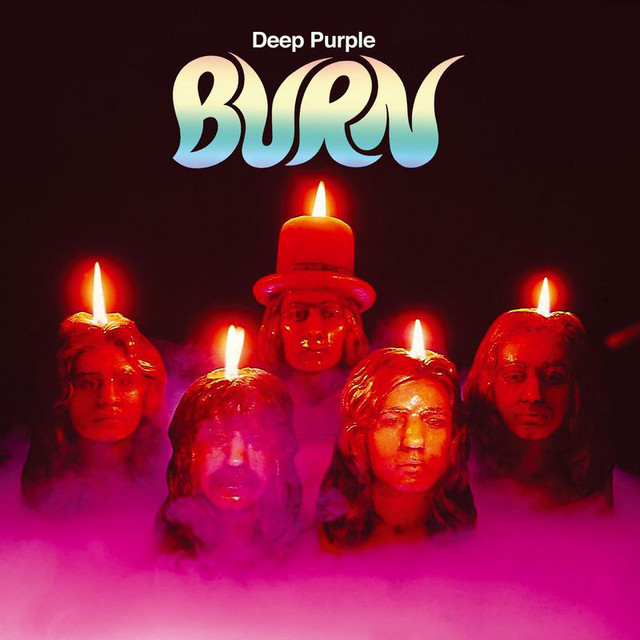
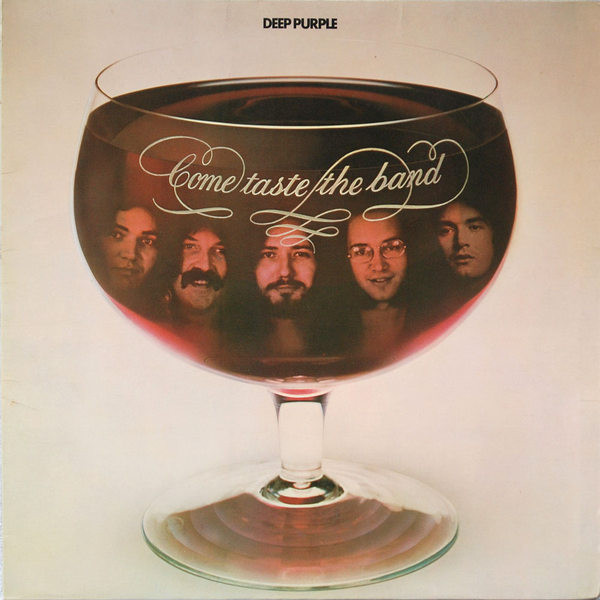
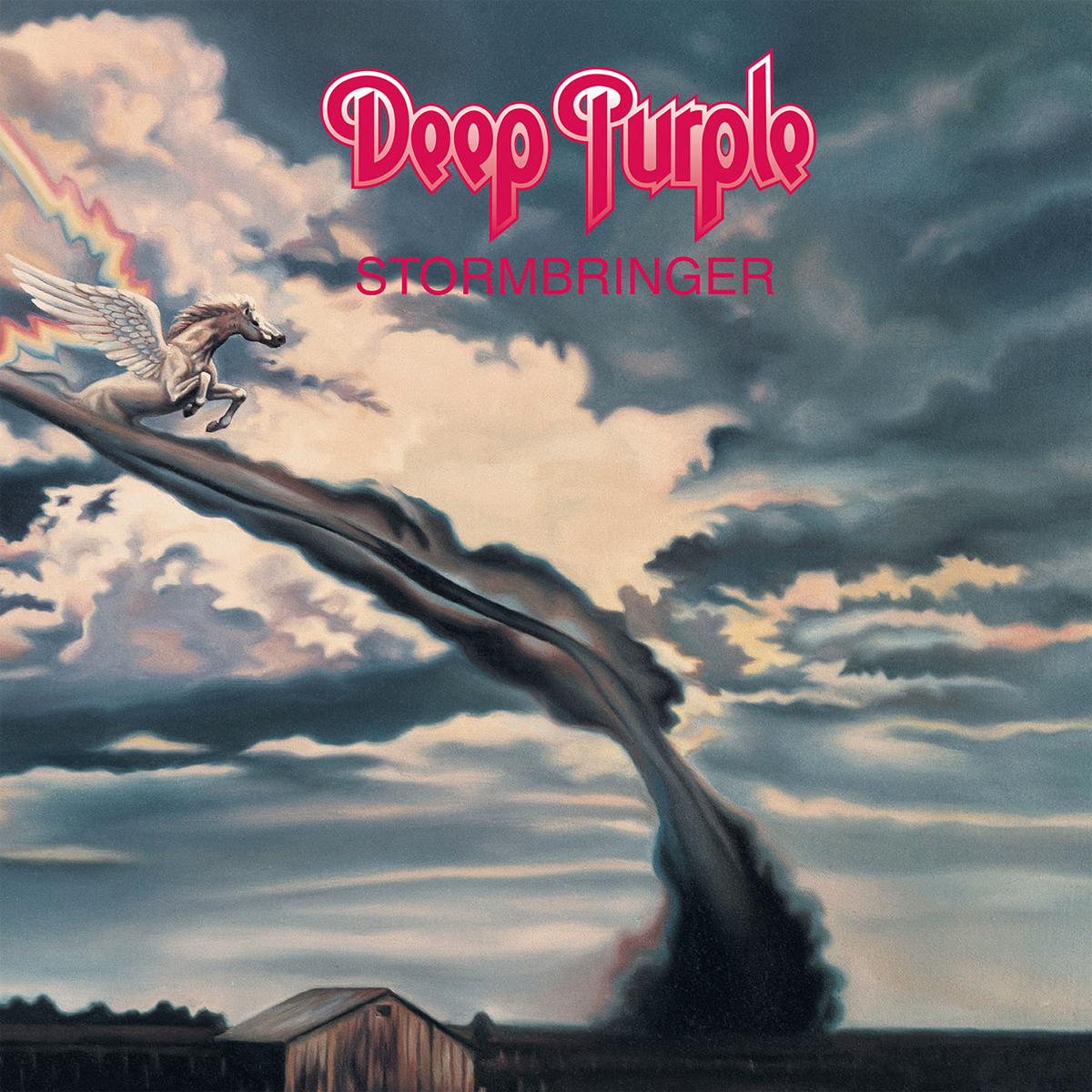
Although you now have your new album, “Chosen”, out, you’re once again performing these Classic Deep Purple Live shows here in Scandinavia. But haven’t you actually been playing these ‘theme’ shows since 2017? I recall seeing the show at least five times over the years.
Glenn Hughes: Yes. But I wanted to stop last year. Here’s the situation: this tour was booked a long time ago — about 18 months back. I had to cancel for some reason, and, as you know, the album came out just three weeks ago. I started my Chosen Years tour five weeks ago, but I couldn’t change the setlist for this tour because people were buying tickets to see a Deep Purple show. I wasn’t really happy about changing my show — I was kind of done playing the songs. I enjoy doing them, but… tonight, nobody will know that. I’ll do my show as normal, and everything will be fine. But I’m glad you asked that question, because honestly, I shouldn’t be doing this, I should be focused on my Chosen Ones shows, you know?
Do you think the Purple setlist will be retired, at least for a while, after these Scandinavian shows?
Glenn Hughes: Well, never say never. But for me, as you know, I don’t want to be remembered just as the guy from Deep Purple, because that’s not really who I am — or who I really was. It really wasn’t. I say that very respectfully, but Deep Purple was just three years of my life. Just three years.
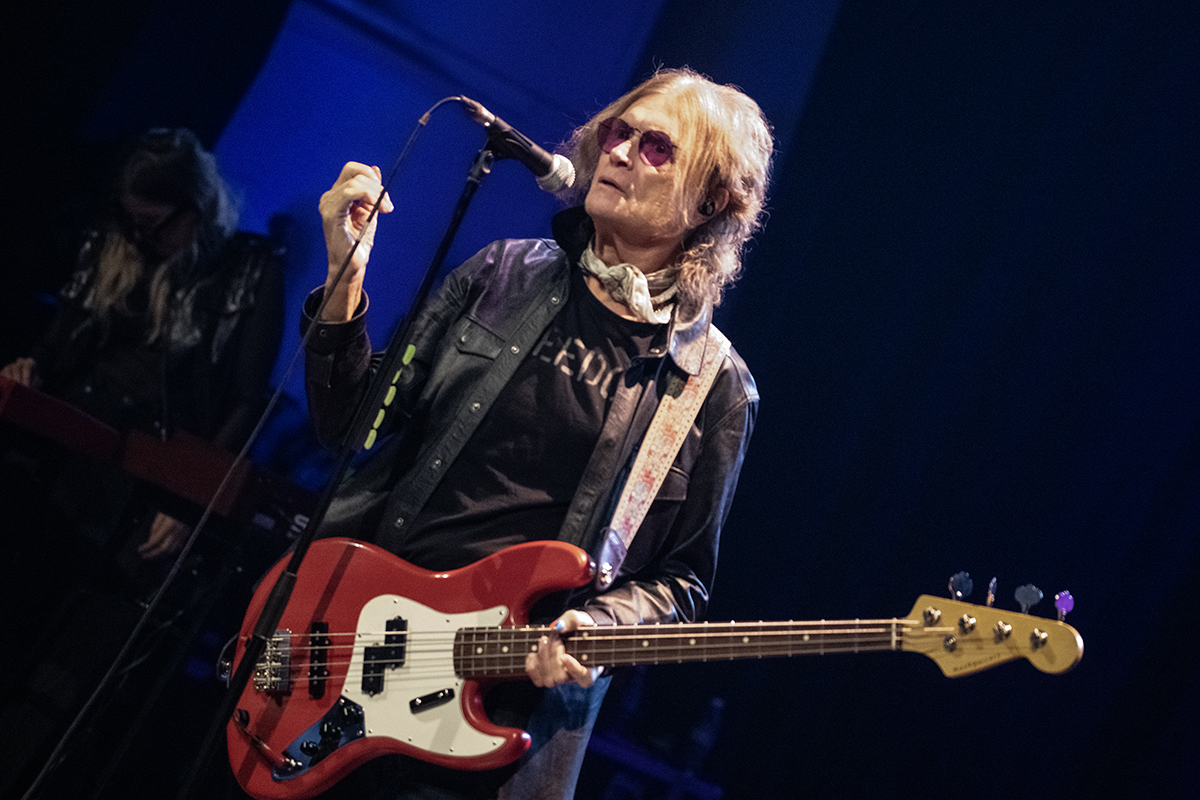
CHOSEN
You’ve just released a brilliant new solo album, “Chosen”. I’ve listened to it several times, and I can honestly say it’s one of your strongest records to date. How do you feel about it yourself?
Glenn Hughes: Thank you. I love it. I wrote the album early last year. When I start writing, I’m in a different headspace. With certain albums, you get all kinds of funky on this album, and the next one is very dramatic, and maybe the one after that is heavy. This “Chosen” album is very melodic, quite heavy, and not so soulful. I say ‘not so soulful’ because I am soulful, but not in an R&B way — though I love R&B, you know. So, it’s just an example of another Glenn album.
Do you agree with me that this album feels like a kind of continuation of the previous “Resonate” album, since there are a lot of similar elements on both albums?
Glenn Hughes: I think so. If I’m going to make an album that’s called ‘rock album’ with Frontiers… I can’t really do too much if I’m going to make an album with Glenn’s R&B songs, acoustic songs, great. But that wasn’t supposed to be. It’s with Frontiers, there is a certain label with a certain genre. It’s not who I am, you know that. So, I had to stick to that.
I get you. How about the album title, lyrics, and cover art? They give me the sense that there might be some deeper meaning behind them. Am I right?
Glenn Hughes: I’m in a spiritual place now. I’ve been studying spiritualism for a long time, and everything in my life is deeply rooted in it. Rather than putting myself on the cover again, I wanted something different. I wanted it to reflect an honest feeling about how I see life — the sun shining, the ocean, the stones on the beach. That’s just who I am.
There was a nine-year interval between “Resonate” and “Chosen”. During that period, many things happened in your life and career — including your three-year stint with The Dead Daisies, two Black Country Communion albums, and so on. Does it still feel somewhat more difficult for you to work on a solo album? Or let’s put it this way: how does the process of creating a solo album differ from working on other projects?
Glenn Hughes: Well, there is a Glenn inside of me that wants to create soulful, groovy, funky music all the way. Just pure. But when I make those albums on Frontiers, nobody really buys them. “First Underground Nuclear Kitchen” is the weakest-selling album I’ve made, and it’s my favorite. So, when I’m with a record label, you have to kind of work with what they do. So… Yeah, I mean, I love “Chosen”, and I think it’s a great story of who I am now.
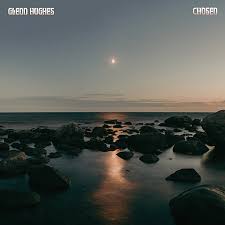
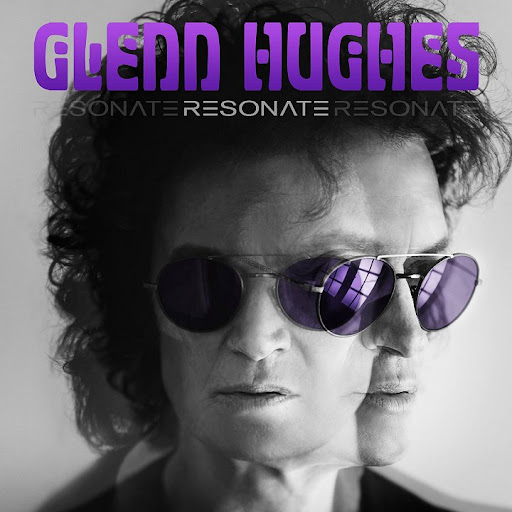
BLACK COUNTRY COMMUNION TALK
One thing you’ve mentioned recently is that 2026 might be the year for Black Country Communion, with a sixth studio album and a new live album. Is that still the plan?
Glenn Hughes: And since then, there’s an album coming out in June. We made an album. It’ll be coming next spring. I’m not sure… I’m telling you, you’re the first person to say this, I don’t know… You’ve heard me say before, ‘the shows are coming,’ and then they don’t happen. So, I want you to know, I said this three months ago, and now I’m thinking, I’m hearing that maybe there won’t be shows? If there aren’t, I’m okay with that because I’m very busy. But it’s a great band. There’s only so much I can do in that band. I write most of the songs, I sing all the songs, and I love Joe. I love the guys. But it’s, it’s not, I don’t know. I just don’t know.
I don’t think anyone truly has an answer for that. But honestly, this year Black Country Communion has been more active than in previous years. I believe you’ve been the busiest since the release of the second album in 2011. So, there must still be some fire burning inside you and the others for the band?
Glenn Hughes: Yeah, but I don’t think I’ll make another Black Country Communion album. I don’t think so. I’ll tell you why — and you’ll understand this. I don’t think it’s the right thing to do. To make an album, hoping that there’ll be some shows, hoping — and then there are no shows. And I feel like, why have I been doing this for six months, writing this album, and then I can’t promote it? So, what I don’t want to do again is make an album thinking there are going to be some shows, and then there aren’t. I won’t do that.
But do you currently have a label that’s still waiting for, or asking about, a new Black Country Communion album?
Glenn Hughes: Not, not really.
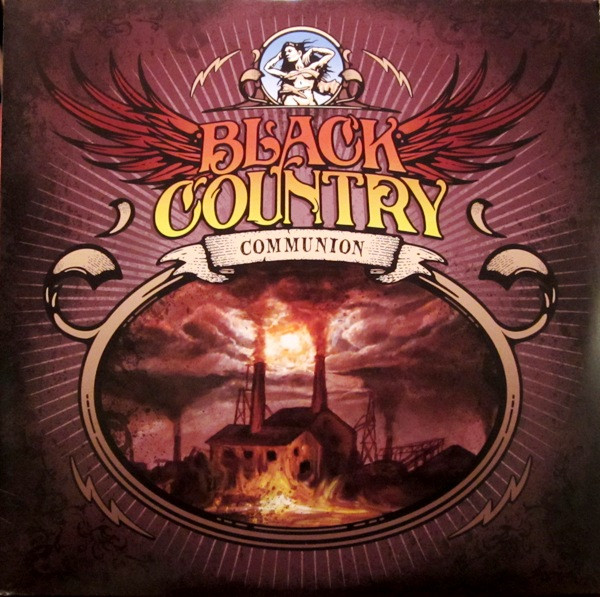
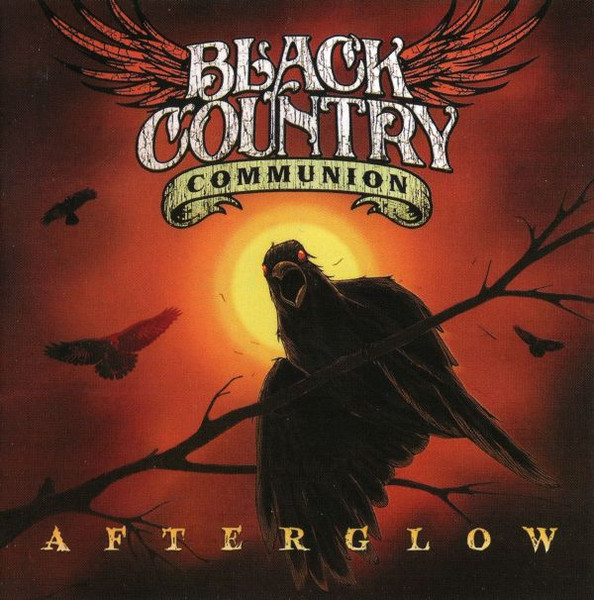
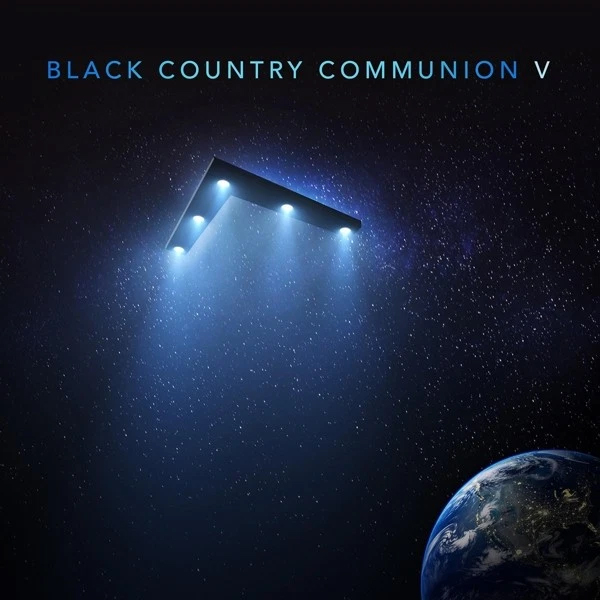
What does it actually mean?
Glenn Hughes: It means that it all comes together when Joe and I get together to write music. Everything happens when he can see a window to make an album. And I love that band. I really enjoy being in that band. But it’s not a band I can depend on to get to play to people. I am still very much a live singer, a live entertainer, and I need to play live.
As you said, nobody knows for sure what will happen with Black Country Communion after the release of the live album and the sixth studio album in 2026, but do you have any other projects planned for the future?
Glenn Hughes: No, I think next year will be all about America for me — a long tour there. I don’t know anything more than that right now.
Will that tour be a continuation of your The Chosen Ones solo shows?
Glenn Hughes: It’s going to be solo, yeah. It’s very safe to say that from this point on, it’s all solo. I’m not saying Black Country Communion won’t play, but I can’t commit — Jason and I need commitment because he’s very busy, and I’m very busy. I love Joe very much, but Joe is always like… ‘Yes, no, maybe?’
He just announced a European tour for next fall, and he’s coming to Finland in October.
Glenn Hughes: So, you’re telling me things I already know. Therefore, it looks like there won’t be any touring for Black Country Communion. And by the way… two years ago, that would have upset me. Now, it’s okay. The two-week tour we did in June, and at the end of it, Joe and I thought, ‘It was the greatest tour,’ and it could mark the end because it was fantastic.
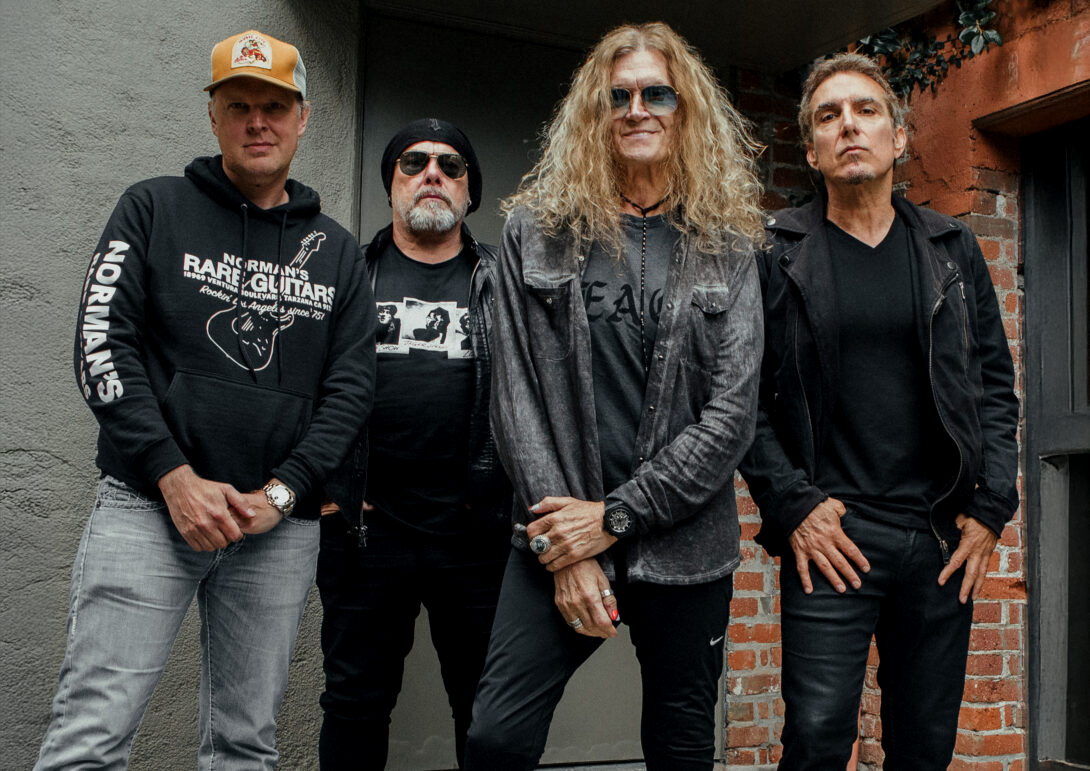
DRUMMER TALK
This might be kind of a funny question, but in a recent interview, you mentioned that Gary Moore was the best guitarist you’ve ever played with, right?
Glenn Hughes: Yeah.
Because you’re a legendary bass player and have played with so many great drummers, I’m curious: who are the best drummers you’ve worked with over the years?
Glenn Hughes: Drummers? Ever? John and Jason Bonham, for sure. Chad Smith. Those three are the top three.
If you have to put them in order, who is the number one and why?
Glenn Hughes: John, because he’s the original. In the early ’70s, whenever my band Trapeze played in the UK, John would join us on stage. He always played with us, usually on the song ‘Jury’ from “Medusa”. He was easily the loudest drummer ever. So, he is my number one. Then comes Chad, and then Jason.
How about Ian Paice?
Glenn Hughes: No, he’s not my favorite. It wasn’t… it was okay, but it really wasn’t my kind of drumming. He’s obviously a great drummer — technically impressive and powerful — but he’s not a groove player, and I’m a groove player.
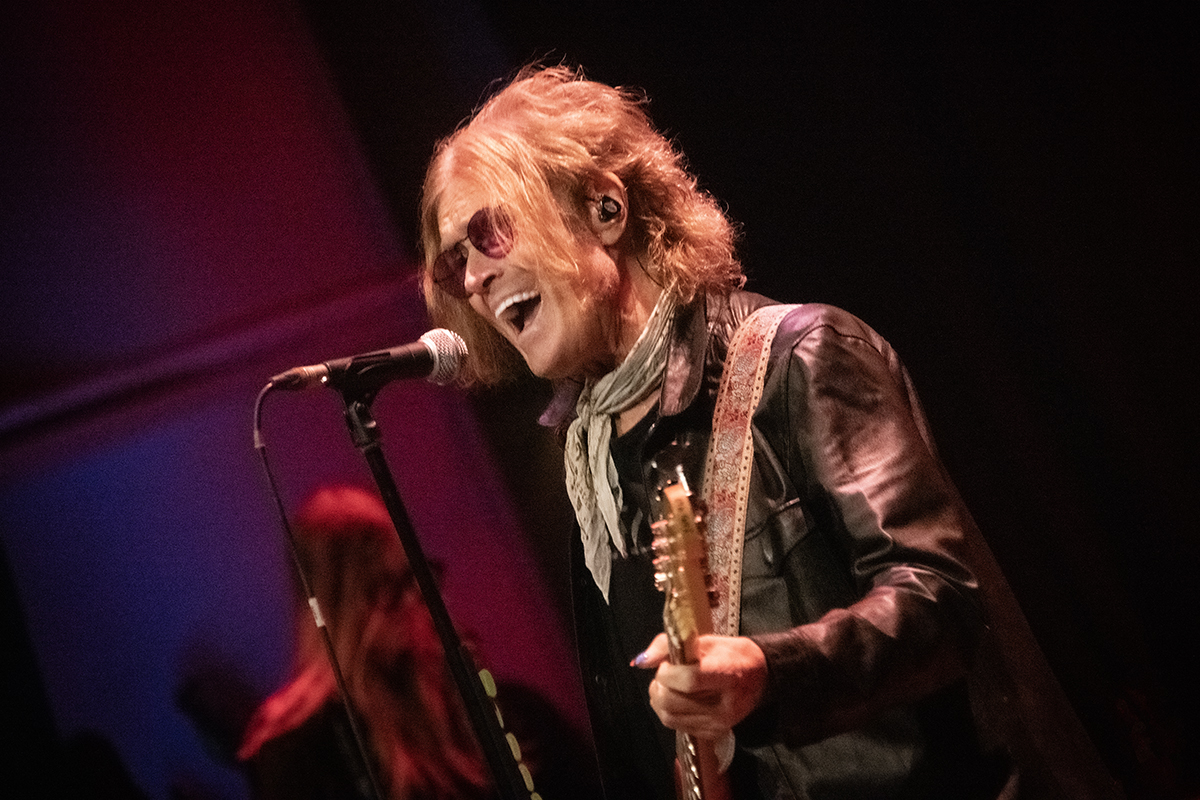
Last year, the albums “Fused” and “Dep Sessions”, which you recorded with Tony Iommi, were finally released on vinyl for the first time. I recently re-listened to them and wanted to ask: what memories do you have of writing and working on those albums with Tony, starting with “Dep Sessions”?
Glenn Hughes: Oh, I love “Dep Sessions”. We wrote it at Tony’s home studio in ’95, then went to the studio to make the demos. Somehow, somebody stole them and released them, but then it was great. Tony and I were having fun — we weren’t really trying to make an album. We were just enjoying ourselves. But you’ve heard the album?
Of course.
Glenn Hughes: With “Fused”, it was different. We were making an album with a tour in mind. We finished the album, and it was about to come out — Tony and I were on a European tour, doing promotion. Then he got a call from Sharon: ‘There’s going to be an Ozzfest.’ Everything stopped. Our tour was cancelled, and Geezer’s album was put back on the shelf as well. “Fused” wasn’t promoted, unsaturated, and completely overlooked. Sharon made some calls — you know what she’s like. So…
I remember seeing some footage from the album promotion event you did with Tony in London.
Glenn Hughes: Yeah, and we did promotion in Amsterdam too — and Paris. I still think the album is fucking great.
It really is. I actually met Kenny Aronoff, who played drums on the album, two months ago in Helsinki, and he had a lot of positive things to say about “Fused”.
Glenn Hughes: Kenny’s one of my best friends. We talk about that all the time.
I’ve heard that Tony Iommi plans to release new music soon. Do you happen to know any more about it?
Glenn Hughes: “Good. But no, I’m not singing on it!” [laughs]
As far as I know, he’s got a singer, but he hasn’t revealed who it is yet.
Glenn Hughes: Yeah, I know. He’s a good guy. I mean, I’m sure it’s Tony Martin, I would imagine. But, you know, I love Tony Iommi — he’s one of my closest friends.
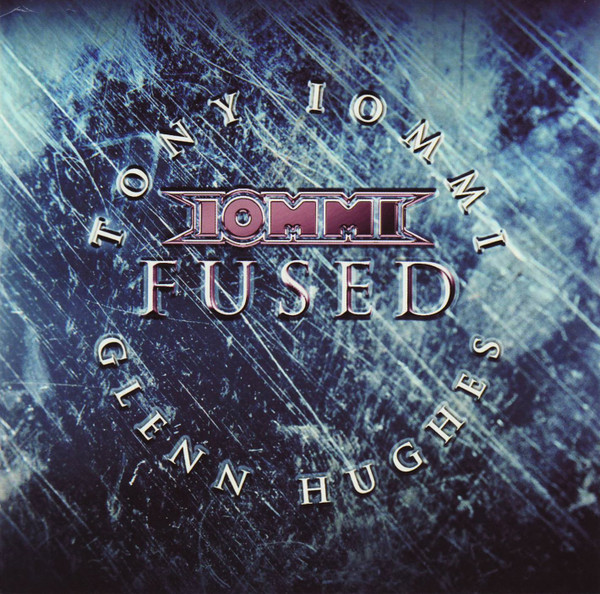
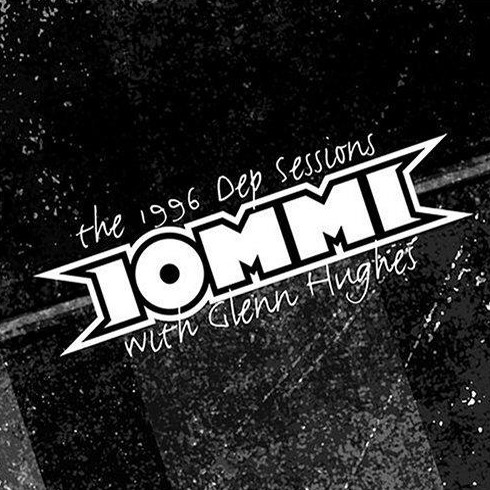
OVER THE RAINBOW
There’s that story that’s been everywhere — that you were asked to join Ozzy Osbourne’s band in the late ’70s and all that. But you declined, so there’s no need to go into that anymore. A couple of years ago, I interviewed former Rainbow keyboard player David Rosenthal. Do you remember him?
Glenn Hughes: Yes.
And he told me in my interview that when Ritchie was putting together Rainbow in 2015, he was asked to join the group to play keyboards — but you were also asked to join the band then. Is that correct?
Glenn Hughes: I said no, and I’ll tell you why. I got a call from his mother — Ritchie’s wife’s mum, you know — asking, ‘How would you like to sing lead vocals and play bass with Rainbow?’ And I went, ‘Let me think about it.’ I spoke to some people, and then thought to myself, well, it would be nice to see him again, have dinner, maybe share some jokes, and I could do it for a little while.
Then I was supposed to fly to New York, and the day before I went, his mother-in-law called me and said, ‘Glenn, Ritchie has found a new singer and would like to know if you would like to play bass and sing backing vocals like you did with David Coverdale.’ I started laughing and said, ‘What? You want me to do that same thing again?’ And I said, very nicely, I said, ‘Absolutely not. There’s no way I’m doing that.’
So, this time, it was really close — your reconnection with Ritchie. Did you have any contact with him after he left Deep Purple in 1975?
Glenn Hughes: No. Neither did David. When Ritchie left Deep Purple… you know, he’s a strange guy — it was over. We never… But I’m telling you to your face that we never had an argument. We never really had a falling out. He wasn’t so happy with some of the things I was writing, but we never had a disagreement. He just left, and that was it.
Speaking of David, have you heard from him lately?
Glenn Hughes: Have I seen him? No, but I hear from him every six months or so — just jokes. He loves to tell jokes.
From what I’ve learned, he’s now fully retired from the music business, at least from singing live.
Glenn Hughes: Yeah. I don’t think he’s going to sing again — I say that with respect. I don’t see him touring ever again, either. I think he talks about it sometimes, but he’s been saying that for years. I just want to say that I love him.
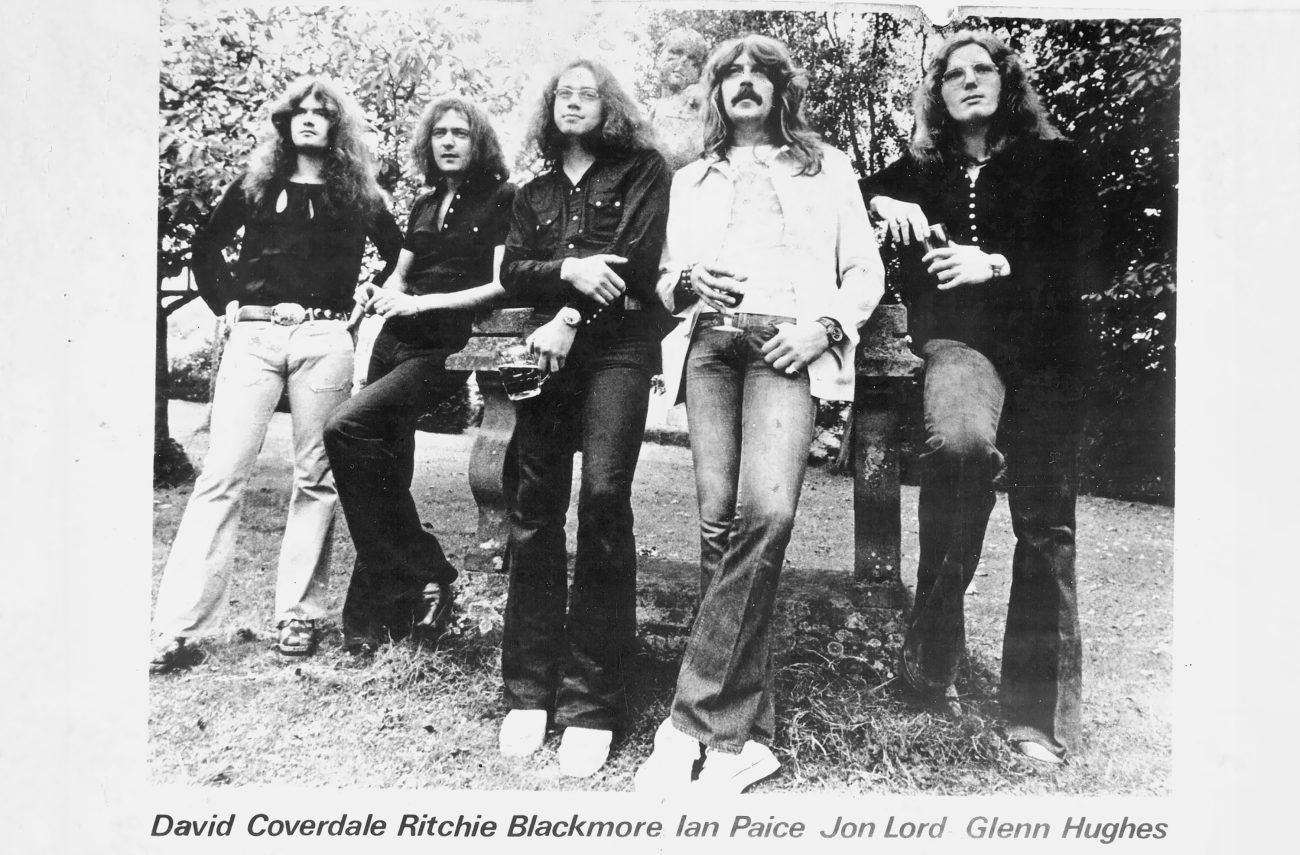
THE LAST MEN STANDING
We’ve now talked about many rock legends, but time inevitably takes its toll. No matter how much you want to keep going, every career eventually reaches its end. Do you ever feel like being one of the last men standing from those who started in the late ’60s or early ’70s — one of the few still musically active and performing at the highest level?
Glenn Hughes: You know, I’m older than Rob Halford — just a little bit, maybe a year or so. And you’ve got to take Robert Plant out of the picture because he doesn’t really sing rock anymore. So, in truth, it’s really just Rob Halford and me left — just the two of us. People are starting to say I’m the last guy still doing this, the very last man standing. And I tell people, “Come see it now, because it may never happen again.” It really might not. The only way it will happen again is with an orchestra. Now, I’m planning to do some shows with an orchestra performing Deep Purple classics — hopefully in the next 18 months. But it won’t happen again, like, without an orchestra. I don’t think so.
How far have you gotten with the plans for the orchestra shows?
Glenn Hughes: We’ve been talking about it for a couple of months now, and I’m currently trying to find a window.
Have you already been thinking about which orchestra would be used for those shows?
Glenn Hughes: It’s going to be a German orchestra, as a German organization is organizing the tour.
Will it be the same company that organized the Rock Meets Classic tour?
Glenn Hughes: No, it’s a different company. It’s not the guys from Rock Meets Classic — it’s a different one. Right now, it’s only a plan, but it’s also about finding a window. You know, I say this to you as my friend… you’ll see it tonight, and hopefully it’ll be a great show. I love what I do here. I’m an actor up on that stage. Whatever’s going on backstage, I leave it behind — I go out there and do my act. For me, to keep playing these legacy songs after so many years, it has to feel special. I’m doing this tour because I committed to doing it with Thomas Ståhl and all those people many months ago. I’m doing it for the fans, but I don’t know about the future with the orchestra… I just don’t know.
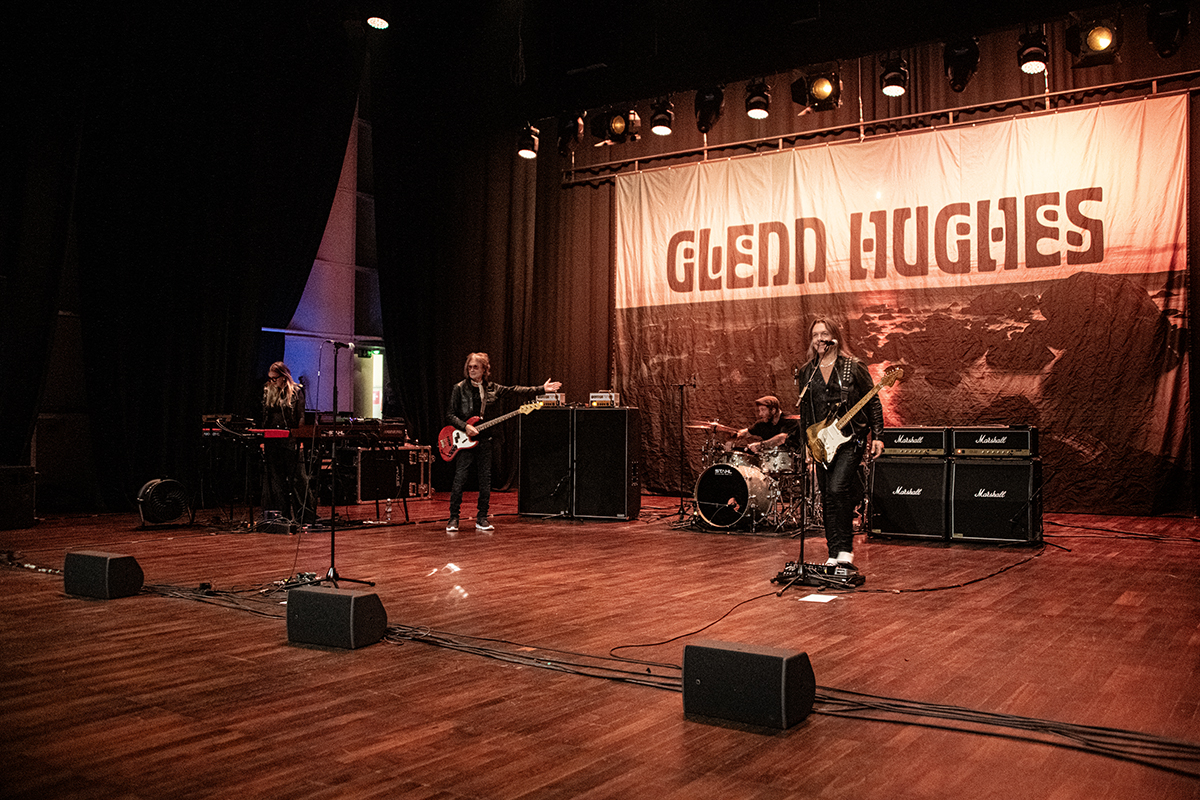
THE FUTURE
As you mentioned earlier, you currently have no plans for the next album, if there will even be one.
Glenn Hughes: I don’t think I’ll make another rock album. You know why? Nobody buys albums any more.
I do!
Glenn Hughes: Well, I’m talking in general. You do, people like you, sure, but in general, nobody buys. Nobody buys. I write this stuff, I record it, I do a lot of interviews, and then the album comes out, it’s great. It charts the first week, and then it’s like, it’s over. I’m laughing because I’m like, ‘What… what the fuck?’ You know, it’s the same for everyone. It’s not just me. Everybody… you see it. It’s not just me. I have to ask the question myself: Is it me? No. I look at The Darkness, and my friends, and all other people. My friends say it’s like… new albums are now like ‘in and out.’ But I’m really happy with “Chosen”. If it’s my last rock album, I think it’s a great way to finish.
However, if you plan to release music in other genres in the future, wouldn’t it make sense to distribute it through different channels than your recent rock albums? I was wondering if you have ever thought about releasing your music independently?
Glenn Hughes: Yeah, I mean, there have been talks about that. I could do it on my own because I’ve got a great team with me. Right now, I don’t have any plans to make another album — but I will, I believe I will. The stuff I’m writing at the moment isn’t rock, but it’s also not really pure black music. I love doing that kind of stuff, but I’m not black — I’m white, and most of my fans are white too.
As you mentioned, you’re constantly creating new music, but I’m curious — how and where do you usually record your songs? Do you always keep a recorder with you while on tour?
Glenn Hughes: I’ve got a studio at home, and I spend time there writing on all kinds of instruments. Whatever feels good, I record it — I never think about genre.
It looks like our time is up. Is there anything you’d like to add before we wrap up the interview?
Glenn Hughes: Look, tonight… You asked a very serious question, and I want you to know that I’m very comfortable playing the Deep Purple show tonight, but I’ve just started my “Chosen Years” tour, and this setlist is so… damn strong. It’s really powerful!
I totally agree, and I can only imagine how difficult it must be for you mentally to…
Glenn Hughes: To switch — it’s a whole other headspace. You’re right.
Glenn, thank you for doing this interview. I’m really looking forward to your show tonight.
Glenn Hughes: Hey man, rock and roll — this kind of music — is fading away as all these great old bands disappear. Trust me, there will soon be nothing left. Come to see it now, because it might never happen again. It really might not.
That’s a perfect way to close this interview. Thank you again, Glenn.